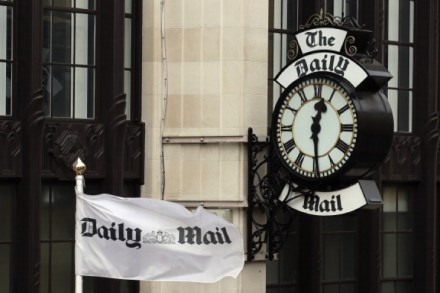Battersea Dogs’ Home’s political advocacy is a step too far
Battersea Dogs and Cats Home is running a poster campaign to increase sentences for cruelty to animals. The current maximum is six months. It is probably popular — almost all campaigns for higher prison sentences are. But I doubt if the public interest would be served by locking up offenders for five years, as Battersea demands. The prisons are already full to bursting, increasingly by elderly people accused (in some cases, falsely) of ‘historic’ child abuse. Each prisoner costs the taxpayer more than £30,000 a year. One should be prepared to listen to the arguments, however. My real point is different: why should a dogs’ home campaign on public policy?




















